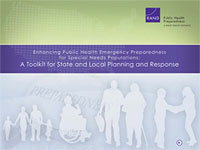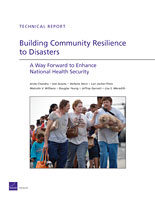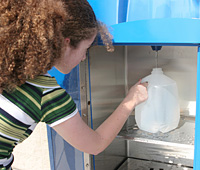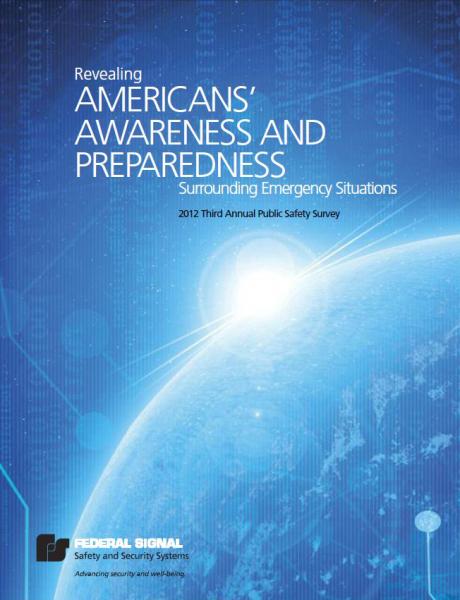You are here
Mon, 2011-05-23 09:44 — mdmcdonald
Local Resilience Networks
Add Content to this group
Members
| Kathy Gilbeaux | mdmcdonald |
Email address for group
local-resilience-networks@m.resiliencesystem.org





 rand.org - by Lori Uscher-Pines, Anita Chandra, Joie Acosta, Arthur L. Kellermann - June 29, 2012
rand.org - by Lori Uscher-Pines, Anita Chandra, Joie Acosta, Arthur L. Kellermann - June 29, 2012 submitted by Ben Sheppard
submitted by Ben Sheppard
 by Robert W. "Doc" Hall - compression.org - April 10, 2012
by Robert W. "Doc" Hall - compression.org - April 10, 2012
Recent Comments